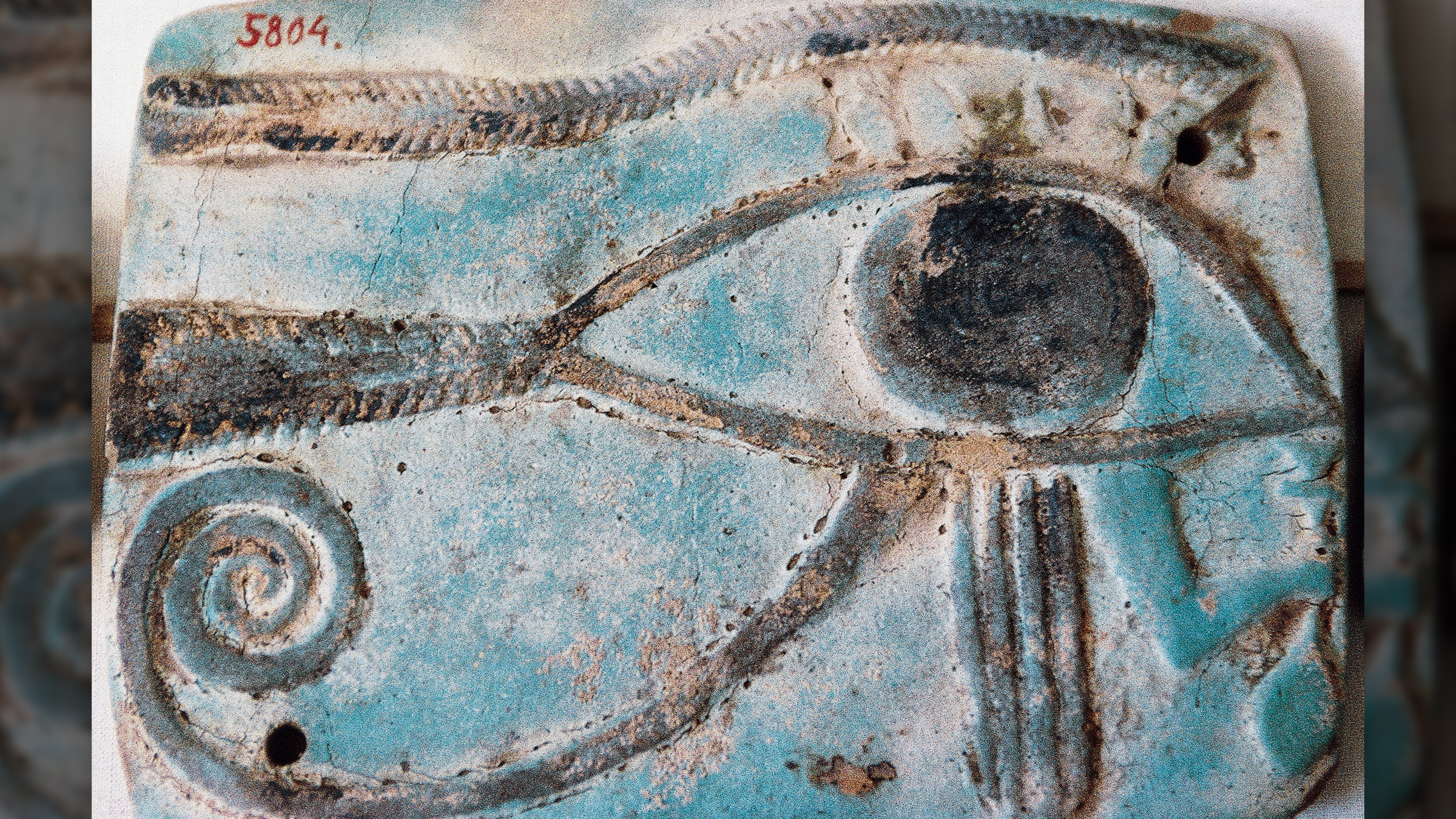U.S. Immigrants Get Supersized

Immigrants to the United States may be packing on the pounds, in part, because of a desire to fit in with the citizens of their new country, a new study suggests.
Immigrants and their children are known to put on weight after moving to the United States, with some approaching levels of obesity within 15 years.
While the abundance of junk food in the American diet no doubt plays a role in their weight gain , immigrants and their families may choose typical American dishes as a way to show that they belong and to prove themselves as Americans, the new study finds.
"People who feel like they need to prove they belong in a culture will change their habits in an attempt to fit in,” says researcher Sapna Cheryan, a psychologist at the University of Washington.
The study, which surveyed Asian-American and white college students, found children of immigrants are often embarrassed by consuming food from their home country in front of others. Sixty-eight percent of the Asian-American respondents recalled food-related insecurities around white peers while growing up, such as awkwardness about using chopsticks and the custom of eating all parts of the animal (chicken feet, fish eyes, and pork heads). Only 27 percent of white respondents remembered embarrassing food practices from childhood.
The researchers also measured whether the threat of not being identified as American had an influence on food preferences. To trigger this threat, a white experimenter asked half of the participants, "Do you speak English?" before beginning the experiment. Then the 53 participants — all English-speakers and a mix of whites and Asian-Americans — wrote down their favorite foods.
Inquiring about English skills prompted 75 percent of Asian-Americans to mention a typical American food as their favorite compared with 25 percent of Asian-Americans who had not been asked if they spoke English. White participants' lists of favorite foods did not differ whether the experimenter asked if they spoke English or not.
Sign up for the Live Science daily newsletter now
Get the world’s most fascinating discoveries delivered straight to your inbox.
Finally, 55 Asian-Americans were asked to select a dish to eat from local Asian and American restaurants. Before making this selection, researchers told some participants: "Actually, you have to be an American to be in this study," as a way of threatening the participants' American identity.
The Asian-American participants whose American identity was threatened chose more American dishes, such as hamburgers and grilled cheese sandwiches, than Asian-American participants who were not asked if they were American. Because the sampled American dishes tended to have more fat, threatened participants ended up consuming an extra 182 calories, 12 grams of fat and seven grams of saturated fat than participants who were not asked if they were American.
"In American society today, being American is associated with being white. Americans who don’t fit this image — even if they were born here and speak English — feel that pressure to prove that they're American," Cheryan said.
The study will be published in the June issue of the journal Psychological Science.
Pass it on: The desire to fit in with American culture may cause some immigrants and their children to put on weight.
Follow MyHealthNewsDaily on Twitter @MyHealth_MHND.
This story was provided by MyHealthNewsDaily, a sister site to LiveScience.











